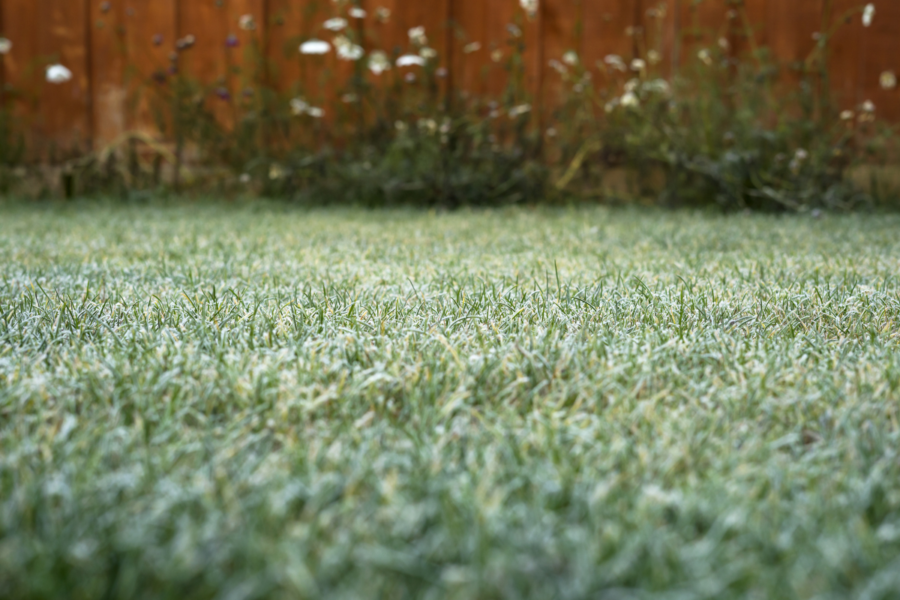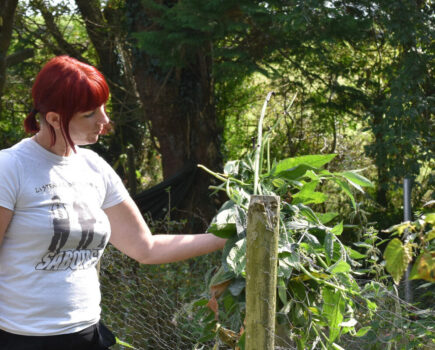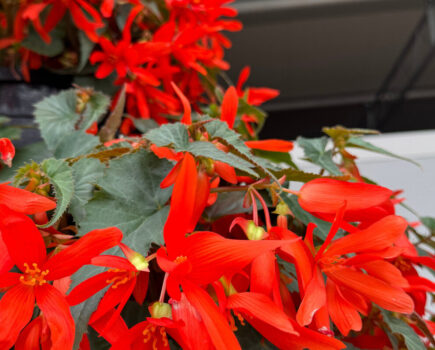Lawn Association Chairman, David Hedges-Gower, provides his professional view on some commonly asked questions.
Winter poses unique challenges for lawn care, and understanding the impact of weather conditions on the ground is crucial. Prolonged heavy showers can saturate the soil, reducing its air-storing capacity and leading to issues reminiscent of a stagnant pond.
To grasp the gravity of the situation, imagine the bottom of that pond with a perpetual still-water presence – the distinct black, eggy smell indicates a soil lacking air, a condition referred to as anaerobic. While our lawns may not be as extreme, similar problems arise after relentless periods of rain.
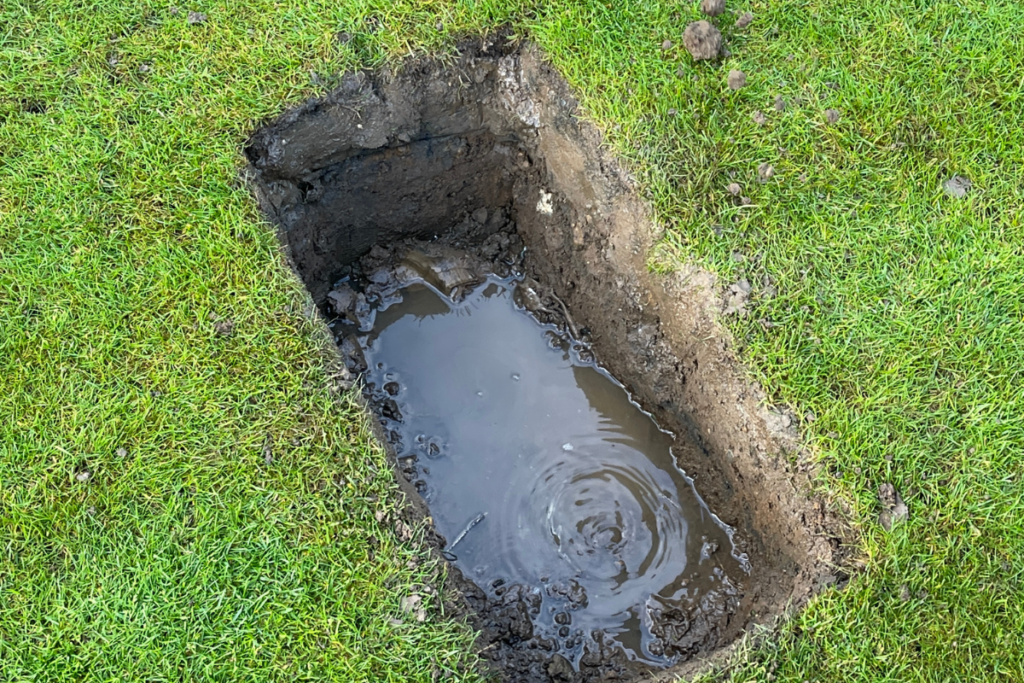
Q So, how can we reintroduce air into the soil?
A While the garden fork is a common tool, it merely adds holes without addressing the need to alter the soil structure. For a more effective solution on most soils, you should do hollow tining (or coring). This method involves creating holes that remove small plugs of soil, that eventually collapse into themselves, promoting changes in soil structure and fostering cracks and fissures for new roots to establish. There are specific tools widely available to buy for this purpose.
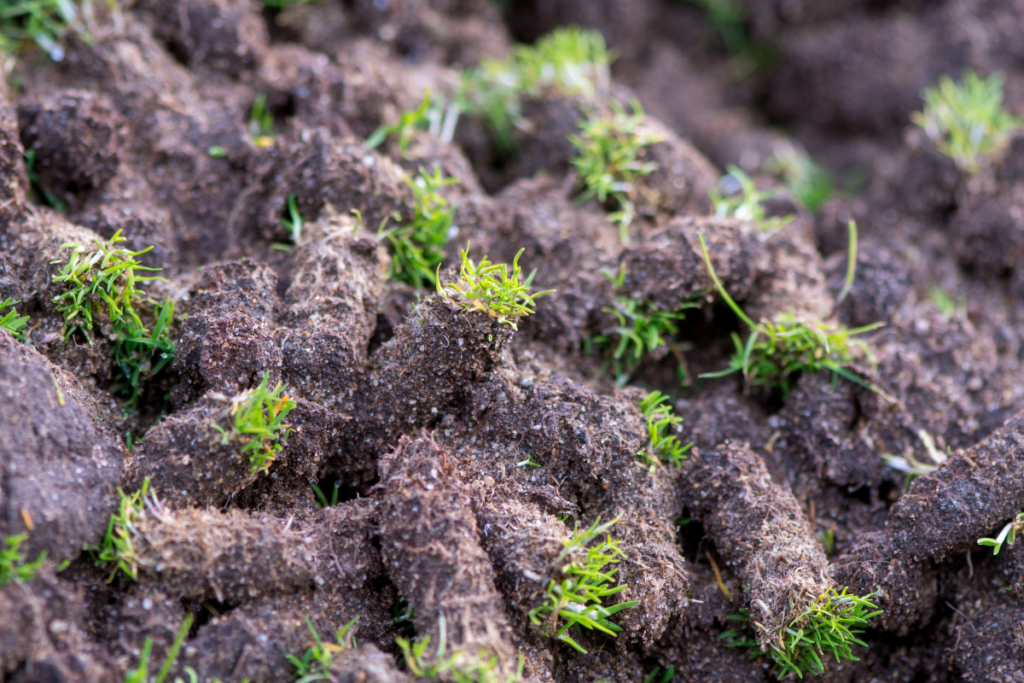
Q What should I do about worms?
A Worm casts on your lawn may raise concerns, but these actually indicate healthy soil activity. Avoid brushing them away, as it often results in smearing, especially in thin areas of the lawn. Embrace the natural process and let the worms contribute to aeration. They do nothing but good work.
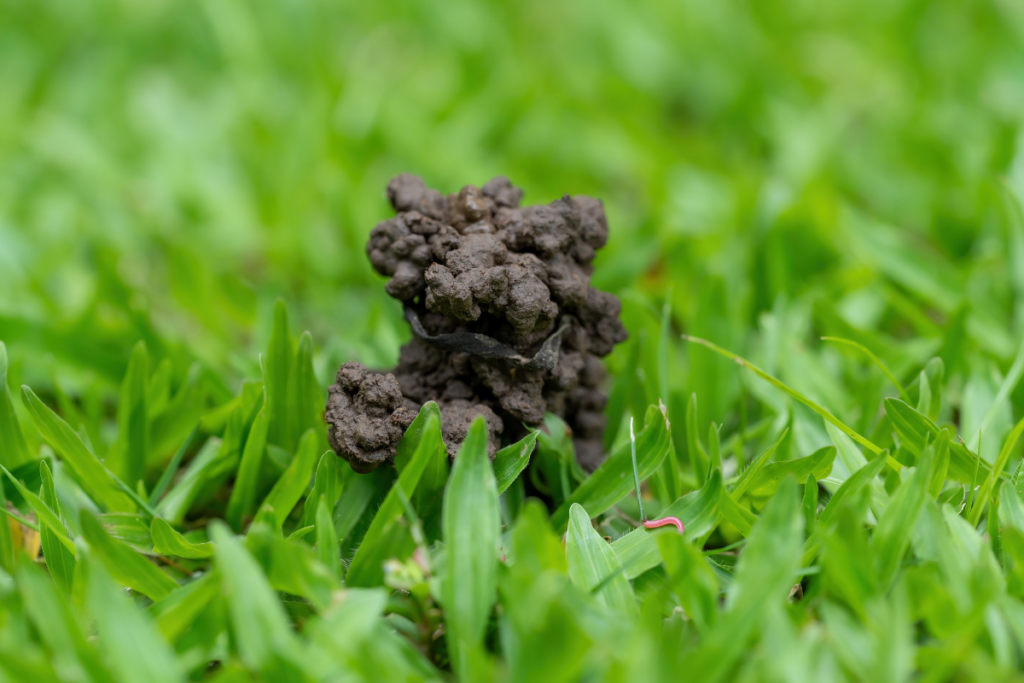
Q Do I leave the leaves?
A Another consideration during winter is the trend of leaving leaves on the lawn. Contrary to popular belief, this practice will be detrimental, as too many leaves can in fact smother and kill grass. Resist the urge to follow this trend, as it may result in a messy lawn that requires re-seeding the following year. Not every trend is practical, and in this case, it’s wise to prioritise the health of your lawn. Your flower and vegetable beds are a different matter, leaves will be okay here.
To combat potential issues exacerbated by winter weather and our own interventions, ensure water moves through the soil profile, allowing for constant soil improvement. Let the worms contribute to aeration, and if anything, apply a natural moss control (remember, moss killer doesn’t exist).
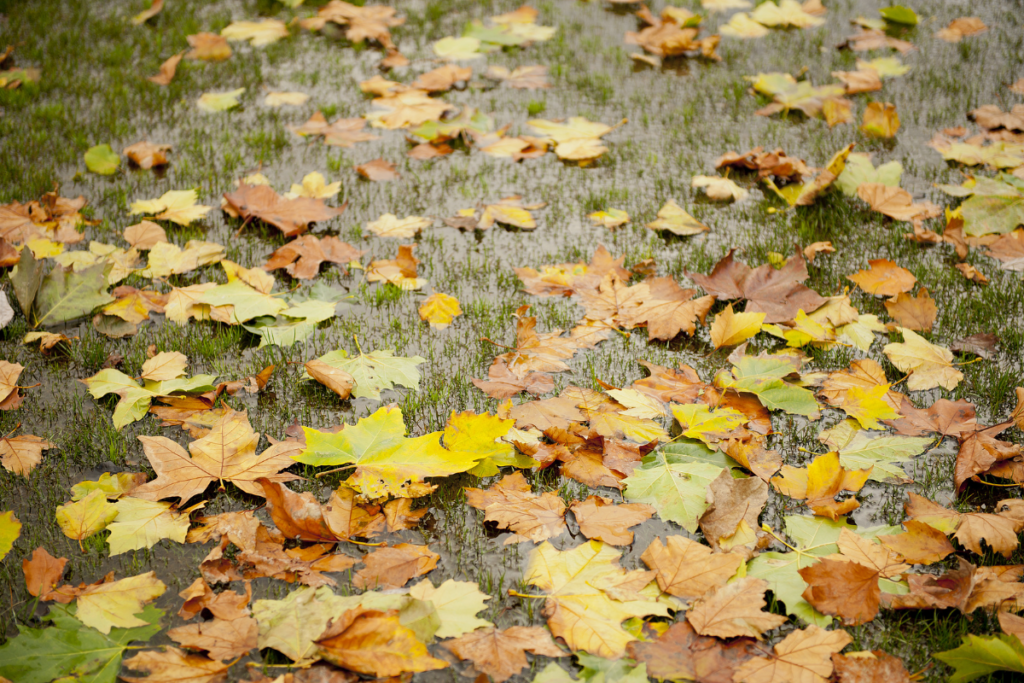
In conclusion, winter can be tough on lawns, but with mindful care, you can mitigate potential problems. Prioritise soil aeration, appreciate the role of worms, and resist trends that may harm your lawn’s health. By taking these steps, you can ensure your lawn thrives despite the challenges of winter.
Find more tips, advice and articles like this at the Amateur Gardening website. Subscribe to Amateur Gardening magazine now.

